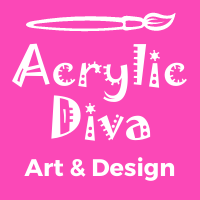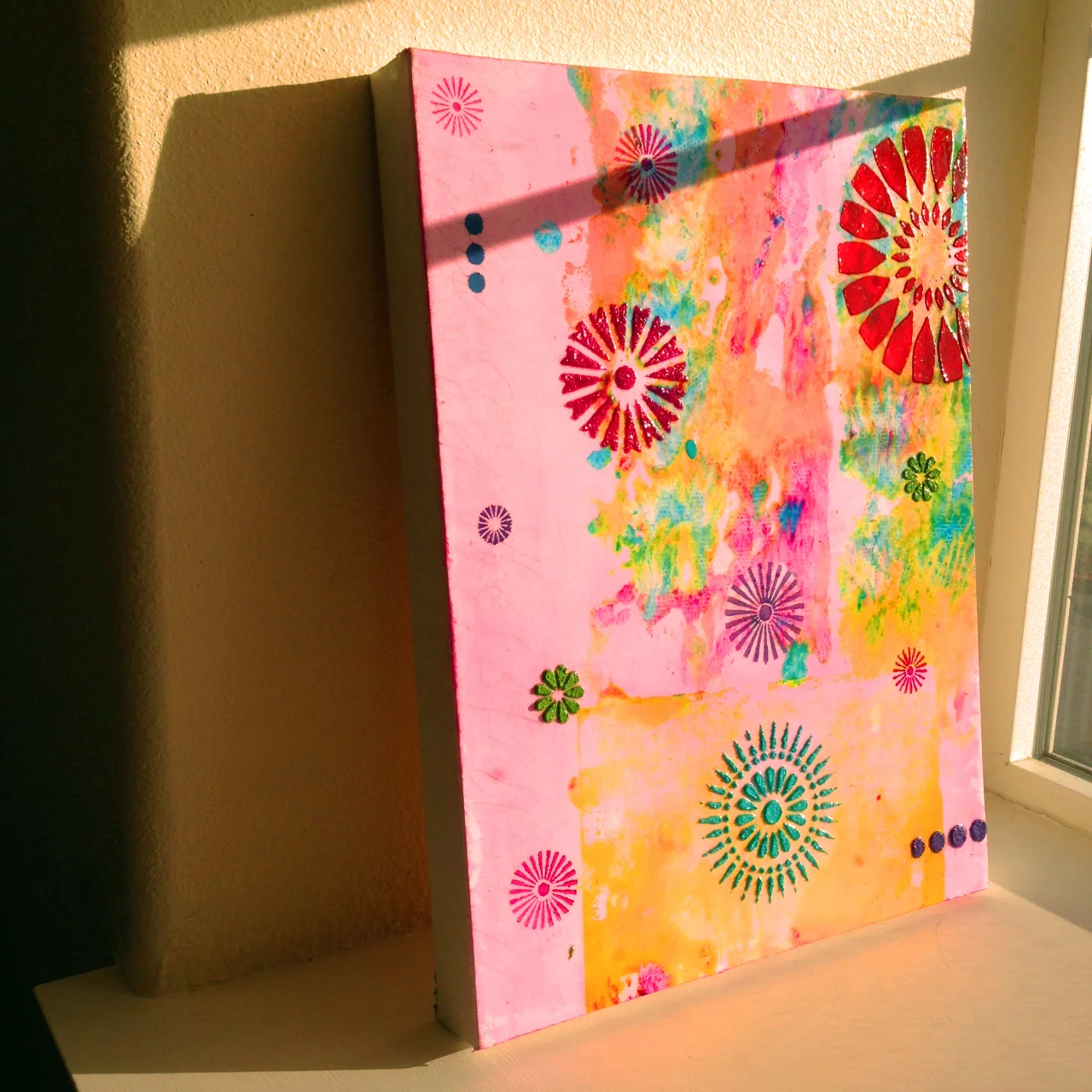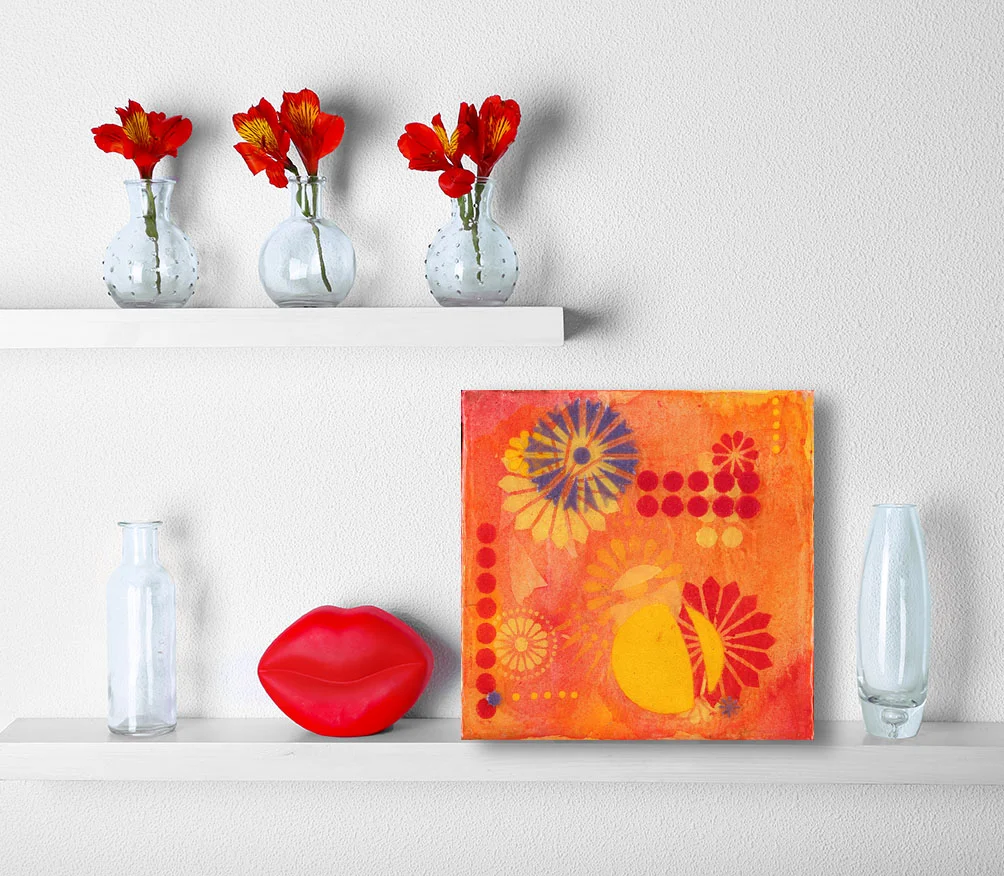How do I price my artwork?
How To Price Your Artwork.
Here's a question I get a lot: I'd like your help figuring out pricing for the two unusual commissions I've done recently. How should I price my artwork?
For artists, pricing artwork is one of those icky topics we never want to deal with. We're just so grateful anyone would buy anything from us. Right? Wrong!
If you take the romantic notion that we are "artists" out of the equation and look at your art practice as a business, it makes pricing much easier. Remember, we are manufacturers of a product. When you manufacture something you take into account, overhead, labor, materials costs, etc., and then you figure out a reasonable, fair price for your product.
I can hear you saying, " yes, but how do I price inspiration or creativity?" You don't. You take into account your training, your peers' prices and perhaps add a little for that elusive creative spirit. Most artists I know don't even cover their overhead, much less their training and labor! So I've listed below some items you should take into account when you price your work. And then, like I say with almost everything else, trust your gut. This is just a starting point. The rest is up to you.
Start with your overhead. Whether your art practice is full-time or part-time, you should treat it like a business. Businesses operate with overhead items like; rent, insurance, materials' costs, labor costs, car and/or truck expenses, delivery and/or shipping fees, professional associations' dues, and specific things related to your industry like museum entry fees, continuing education and so on. This is not a complete list but will get you started. Add all of these items together and get the complete cost of your overhead for a year. Now sit down. Whew, right?
It goes without saying or maybe I should say it strongly, you should be registered with your city as a business and have a separate checking account for your art business. All of your expenses should be put through your business checking account. I'm not a tax expert (nor do I play one on t.v.!) so invest in some expert advice when it comes to taxes. Be sure you get someone who is familiar with art business practices. Incorrect tax advice for your given industry can cost you big bucks!
Now let's look at overhead again. Shocking, right? How many pieces do you do per year? Don't know? Hmmm. Figure it out. Pay yourself an hourly fee for making the work. Be reasonable. Are you just starting out? Then pay yourself minimum wage per hour for each piece. Feel like you have some experience under your belt? Give yourself a raise. Imagine that you are working in a corporation for X number of years (the number of years you have been painting). What would your job title be? Manager? I've been painting for nearly four decades. I'm the CEO of my studio. My painting prices reflect that. I also do a lot of work over the year, probably 50-100 pieces if you include all the work on paper. Simple math will tell you, the more work you do, the less overhead you have.
So here's a quick equation: Overhead divided by number of pieces = overhead price per piece. So for instance, your overhead per year is $20,000.00 (stop rolling your eyes, you don't want to know what my overhead is!). You make 100 pieces. Each piece costs $200 to make. That's the base price. You have to add labor into that. It takes you an average of 10 hours to complete a painting and you pay yourself $20.00 per hour. That's $200.00. That makes the wholesale price of your painting $400.00. But some pieces are 8"x10" and some are 60"x 60". Hopefully, you make the 8x10 in 1/10 the time of the 60x60! So less hours, less cost. Get it? Then I add 20% to the cost just because I know I forgot something somewhere.
After you get all of the above figured out, and the shock has worn off about how much it costs you to make art, you'll have a better idea of what it takes to run an art business. And the next time someone asks you why that painting is so expensive, you can give them a concise answer.
Want more tips on painting? Check out my book.
Want to know what I use in the studio? Check out my Product Recommendations.



